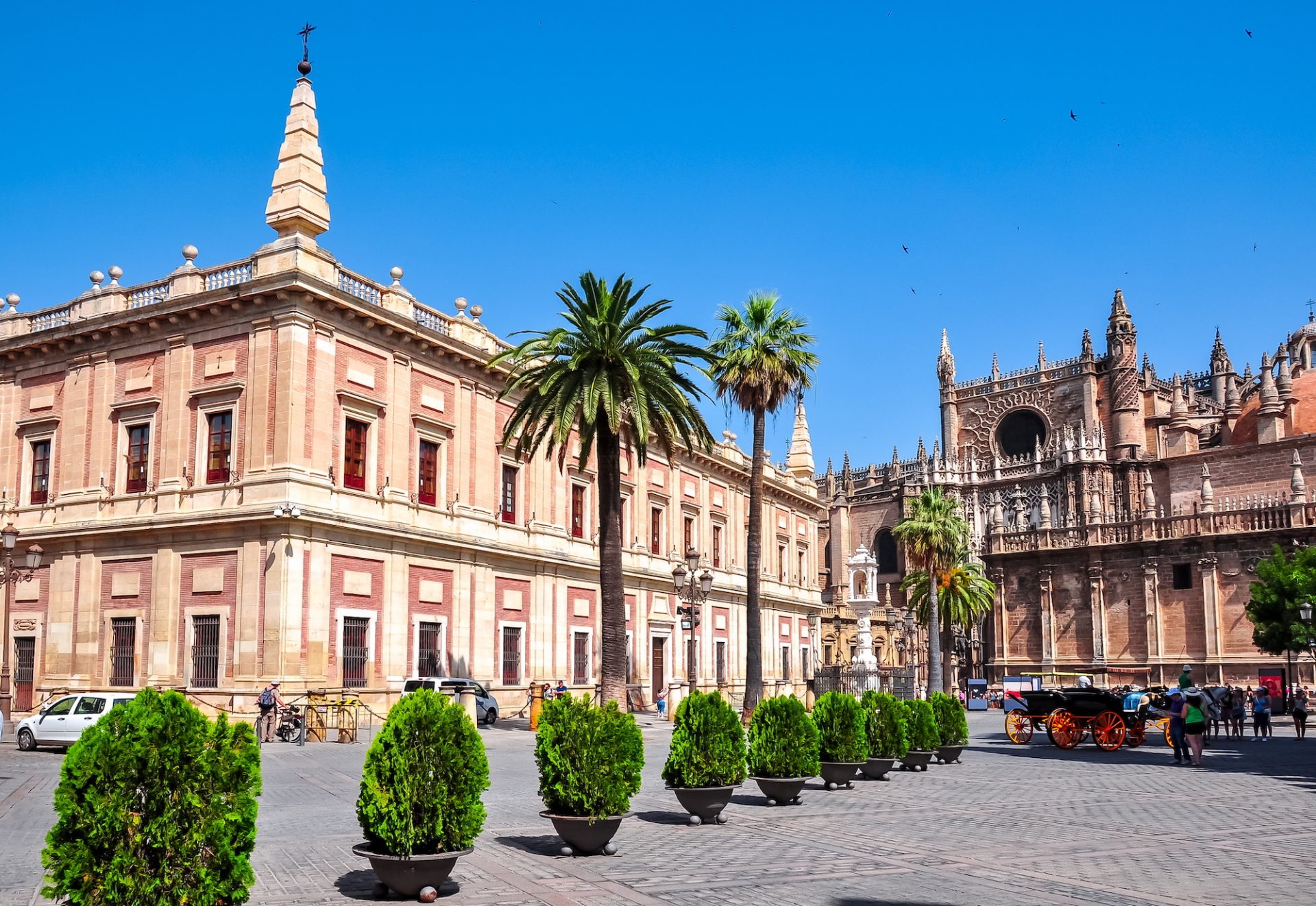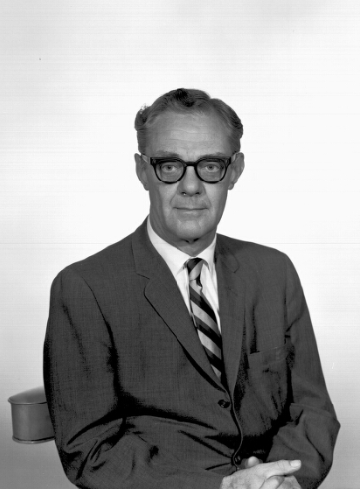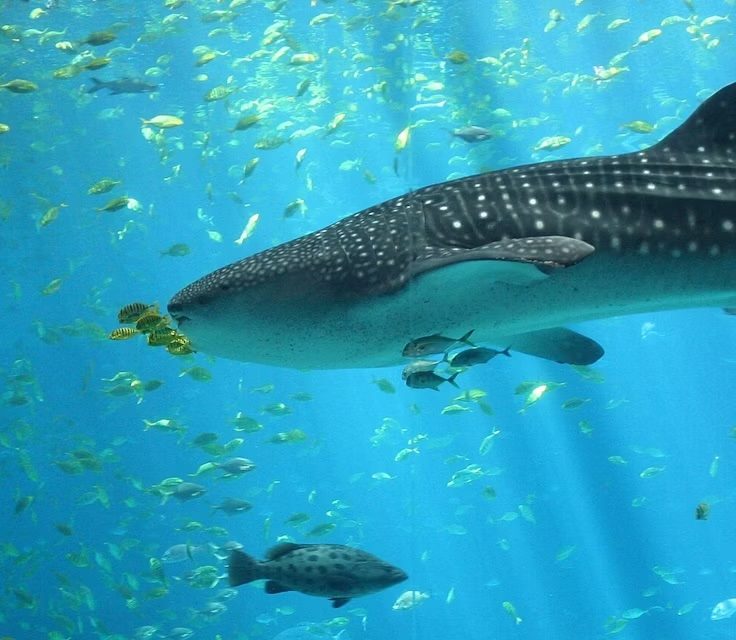
What Your Work Was Really About
Late professor’s legacy of hands-on historical research lives on through new scholarship
“Get them over the water.” LYLE McALISTER, the late UF historian and Center for Latin American Studies director, was insistent about the value of international travel when it came to his graduate students’ research on colonial Spanish-American history.
“There was a vital point in his students’ dissertation work when they must go to Spain or Latin America,” recalled Allan Kuethe, a former McAlister student whose studies in the 1960s took him to Colombia and who went on to become a history professor at Texas Tech University.

McAlister, who died in 2002, spent 55 years on the faculty of UF not only as a leading historian, but also a beloved mentor. He steadfastly believed that his graduate students should experience the subject of their research firsthand by digging into important historical archives, which often contained resources that could not be otherwise accessed.
“You got to see what your work was really about,” said Paul Hoffman, another McAlister protégé and a professor emeritus of history at Louisiana State University. “And you’d come across things you never even imagined existed.”
Today, such experiences are far from guaranteed for graduate students in history, as the money for international research excursions has become increasingly scarce. It’s a far cry from McAlister’s day, when his students considered him a “Godfather”-like figure who always seemed able to come up with the necessary funds.
To help remedy the lack of the same opportunities today, a group of eleven of his former graduate students lead by Kuethe, Hoffman and Leon Campbell, a professor emeritus of Latin American history at University of California, Riverside — have banded together to create a new scholarship in McAlister’s name.
Each year, the fund will support one graduate student’s travel to Latin America or Europe to conduct hands-on archival research. This group of former students have committed over $34,000 to the effort, and hope to raise enough support for an ongoing goal of $50,000 and eventually $100,000 endowment to ensure the fund can support students in perpetuity.
The McAlister Fund will not only advance the late historian’s research ideals, but also stand as a tribute to someone who was more than a professor and adviser. “Mac,” who had no children with his wife Geraldine, frequently formed fatherly bonds with his students and continued correspondence with them long after they’d left Gainesville.
“His responsibilities did not stop when the bell rang at the end of History 101,” Campbell said.
His former students remember him as a disciplined historian with strong vision, high standards and unconventional way of looking at the world whose work on Latin American history was influential throughout the field.
“He could sense the significance where the significance lay,” Kuethe said. “I only met one or two teachers who cared as much he did. He was a giant of a man.”
While insistent about traveling in-person to archives, McAlister was also enthusiastic about the benefits that technology presented for scholarly work. Hoffman recalls McAlister encouraging experimentation with early computer programs used to sort through complex records.
Though further technological advances have made it easier than ever to access international records, the group behind the McAlister Fund believes that firsthand archival research still offers unparalleled opportunities for graduate students to make new discoveries.
What’s more, they believe the Fund and the experiences it fosters will help UF attract the very best graduate students in history — and encourage excellent undergraduates to continue their scholarly pursuits.
“We’re losing a lot of potential scholars just by the nature of the economy,” said Campbell, whose studies under McAlister took him to Peru.
The career path for historians is rarely certain these days, but it remains as important as ever to probe the past to inform people today. The fund’s support of aspiring historians is just one contribution toward enhancing our understanding of the world.
“The past provides incredible clues into the present,” Kuethe said. “The present is the living past.”
To learn more about Lyle McAlister, read the Samuel Proctor Oral History Program’s 1993 interview with him.
To further support this initiative and research of the college go to the link below.


